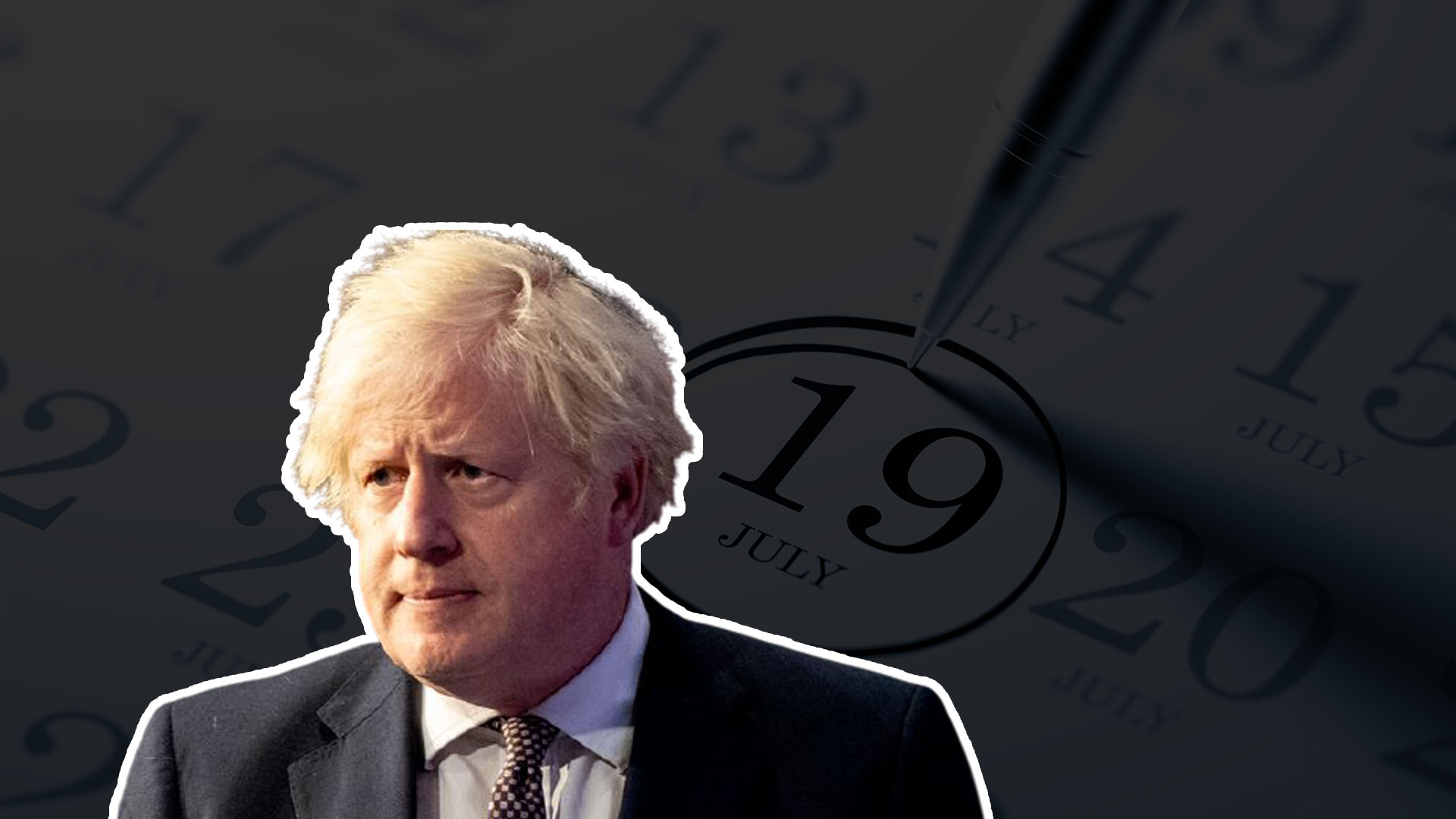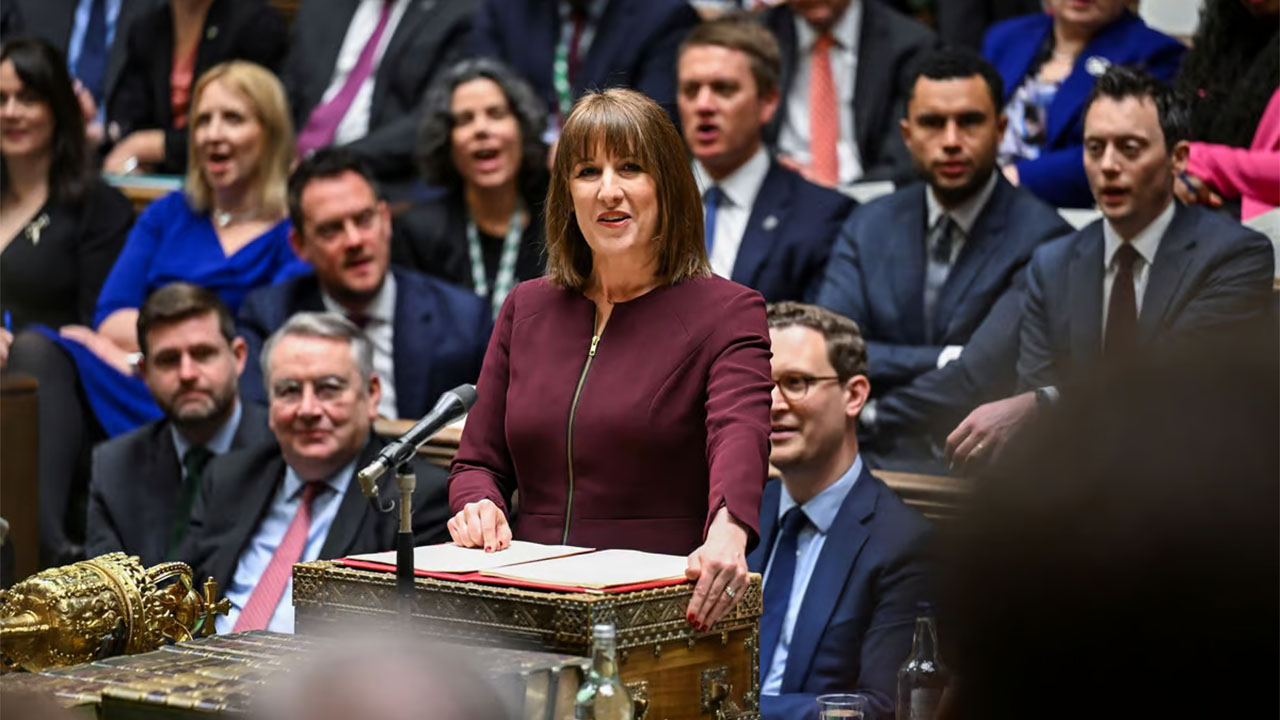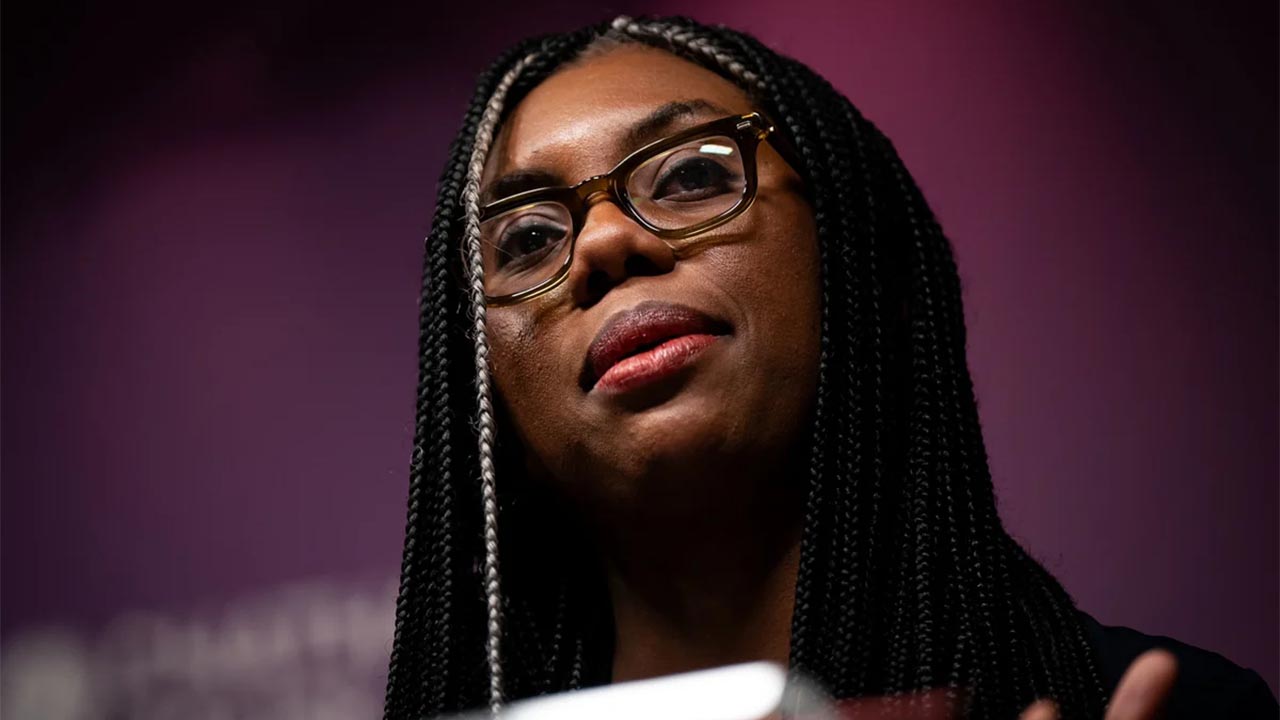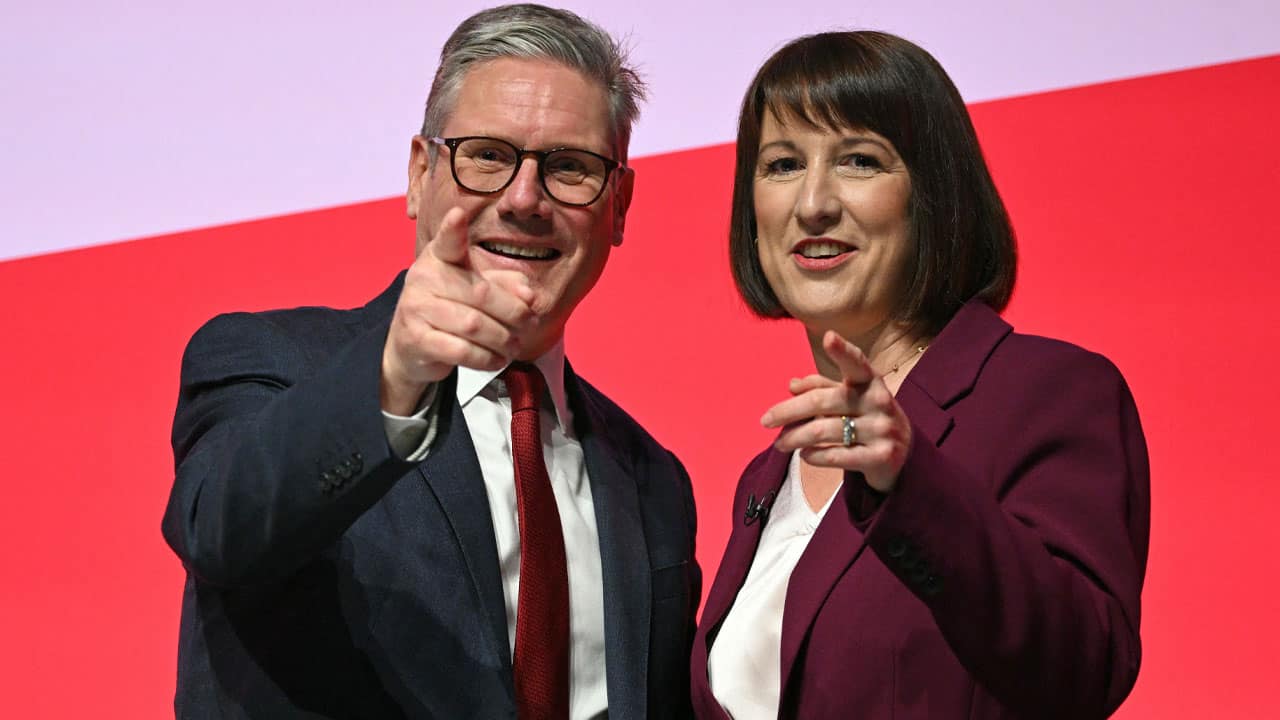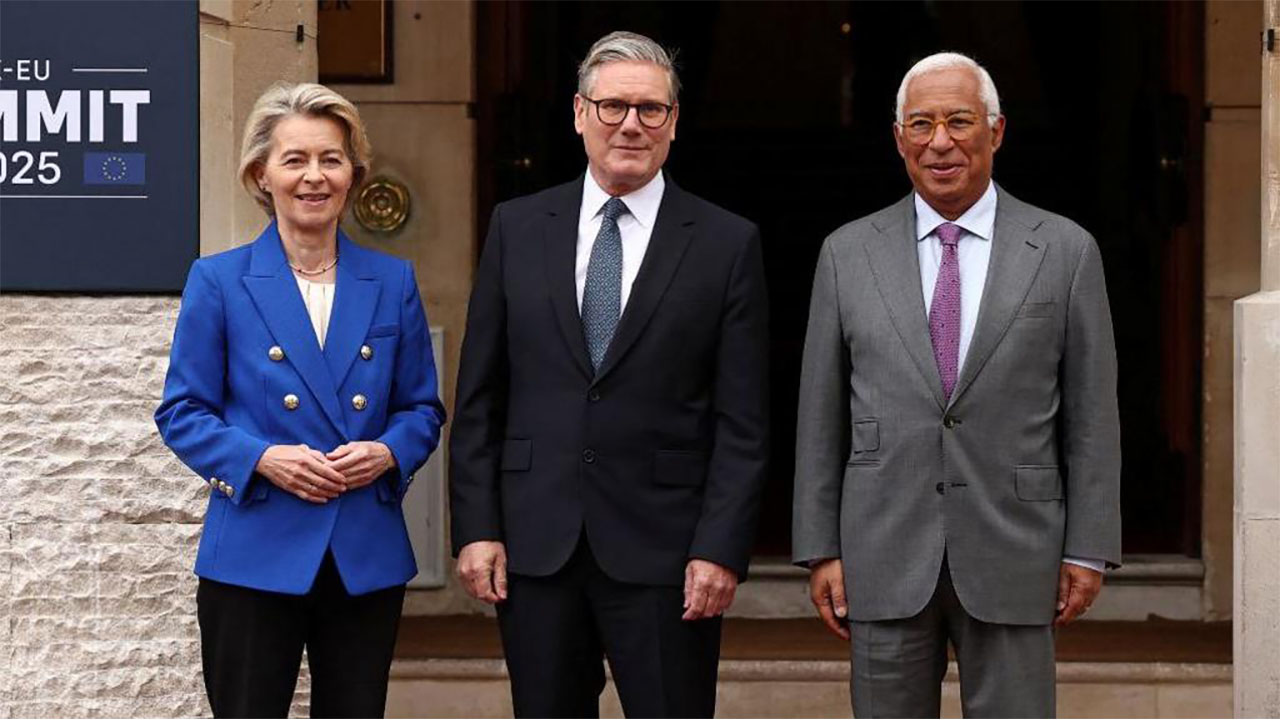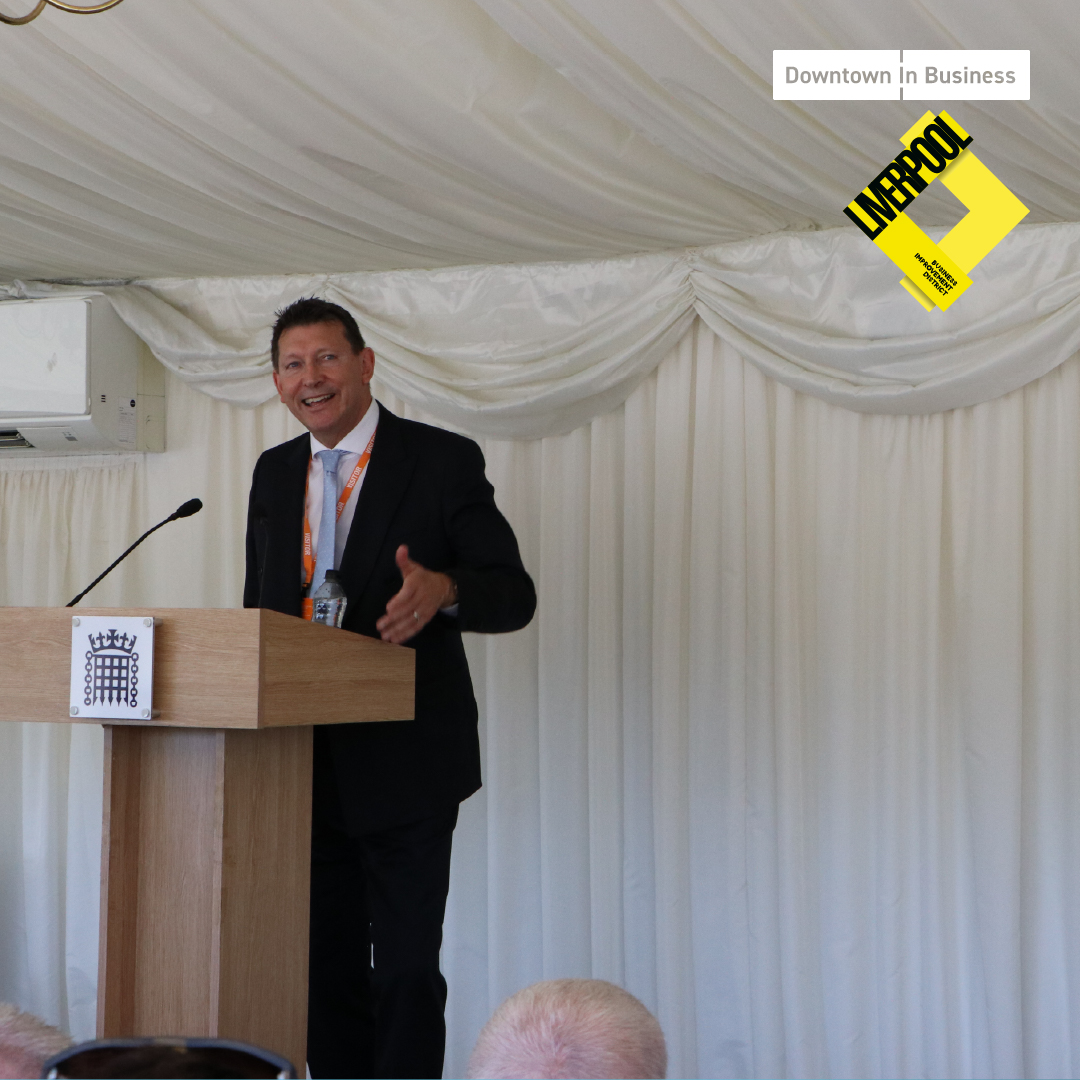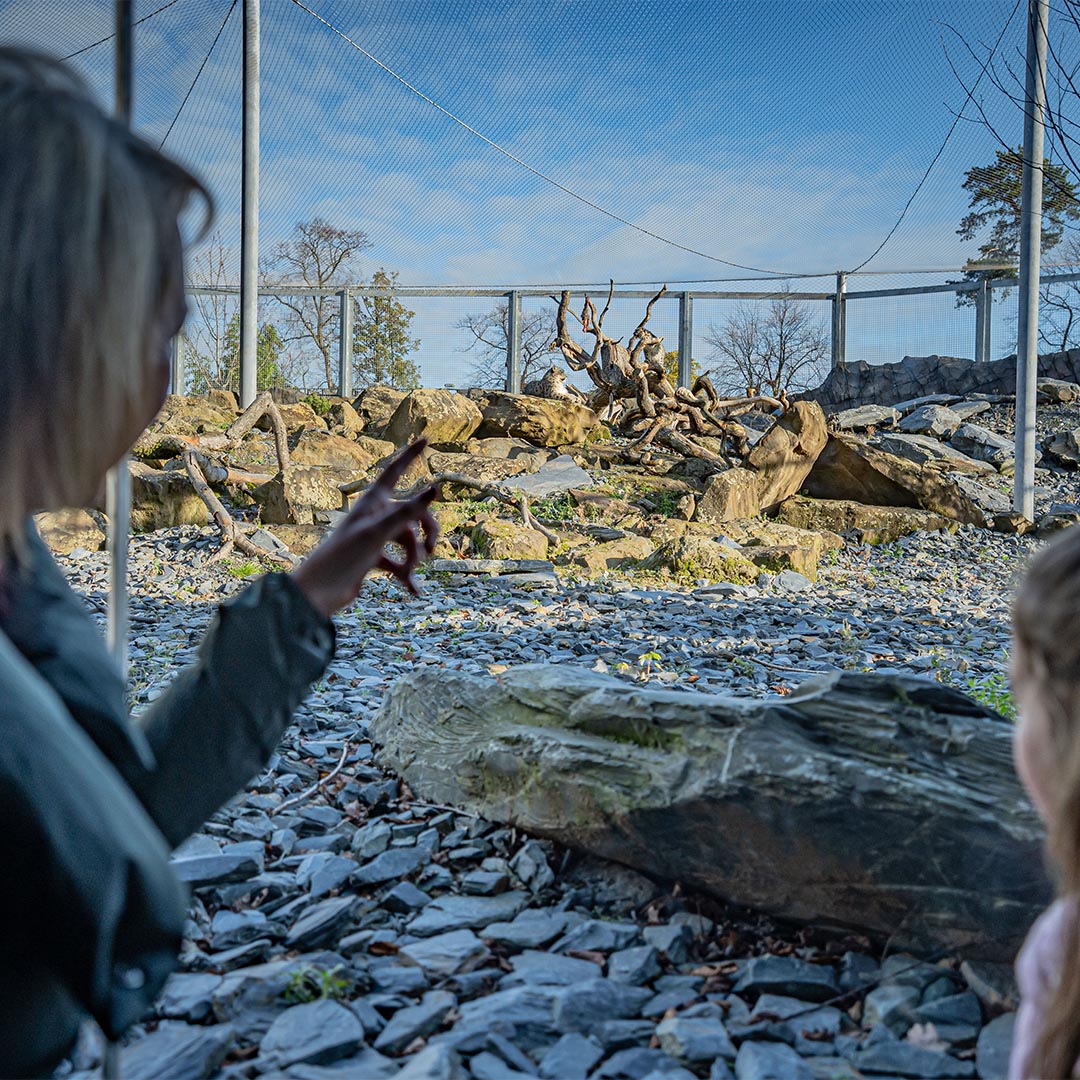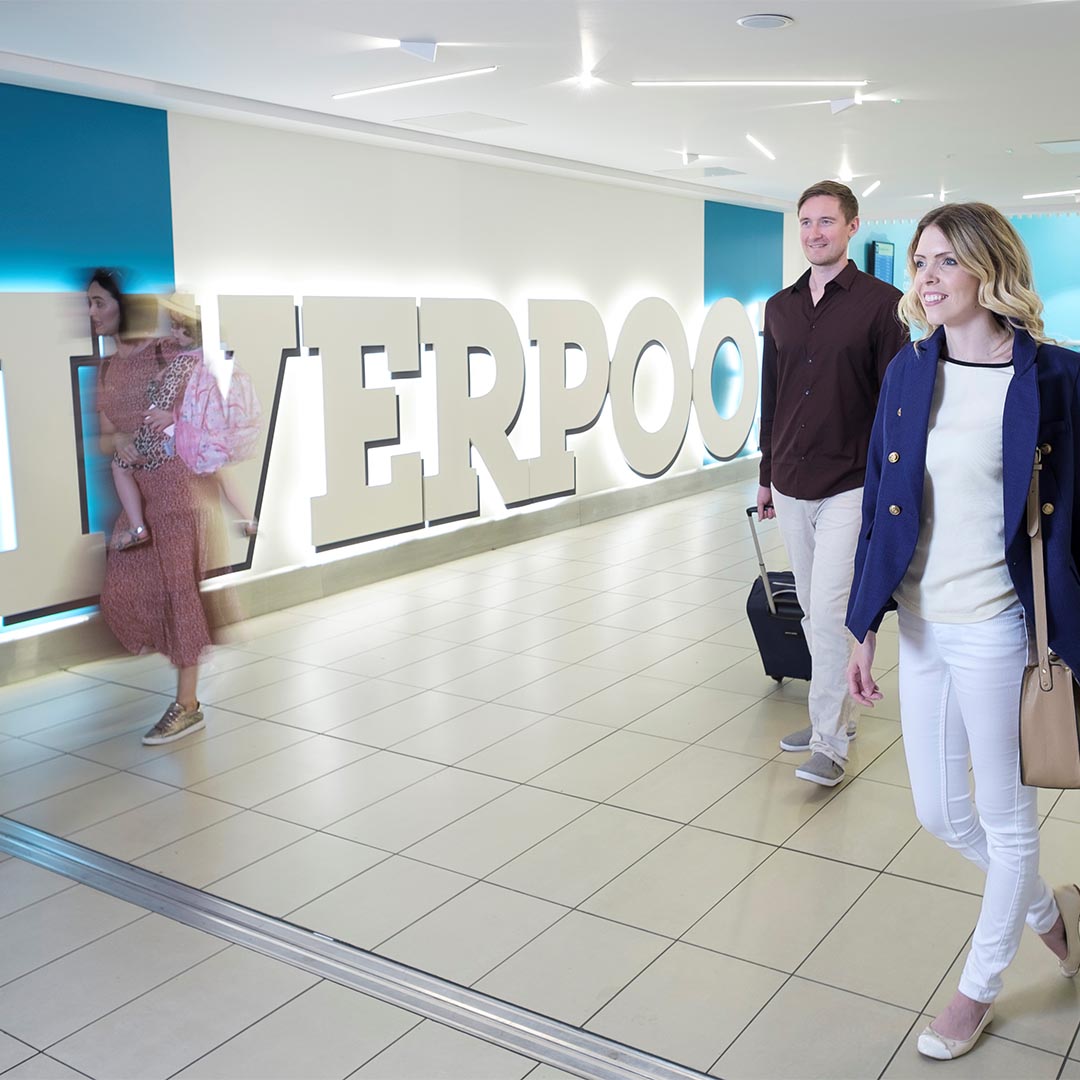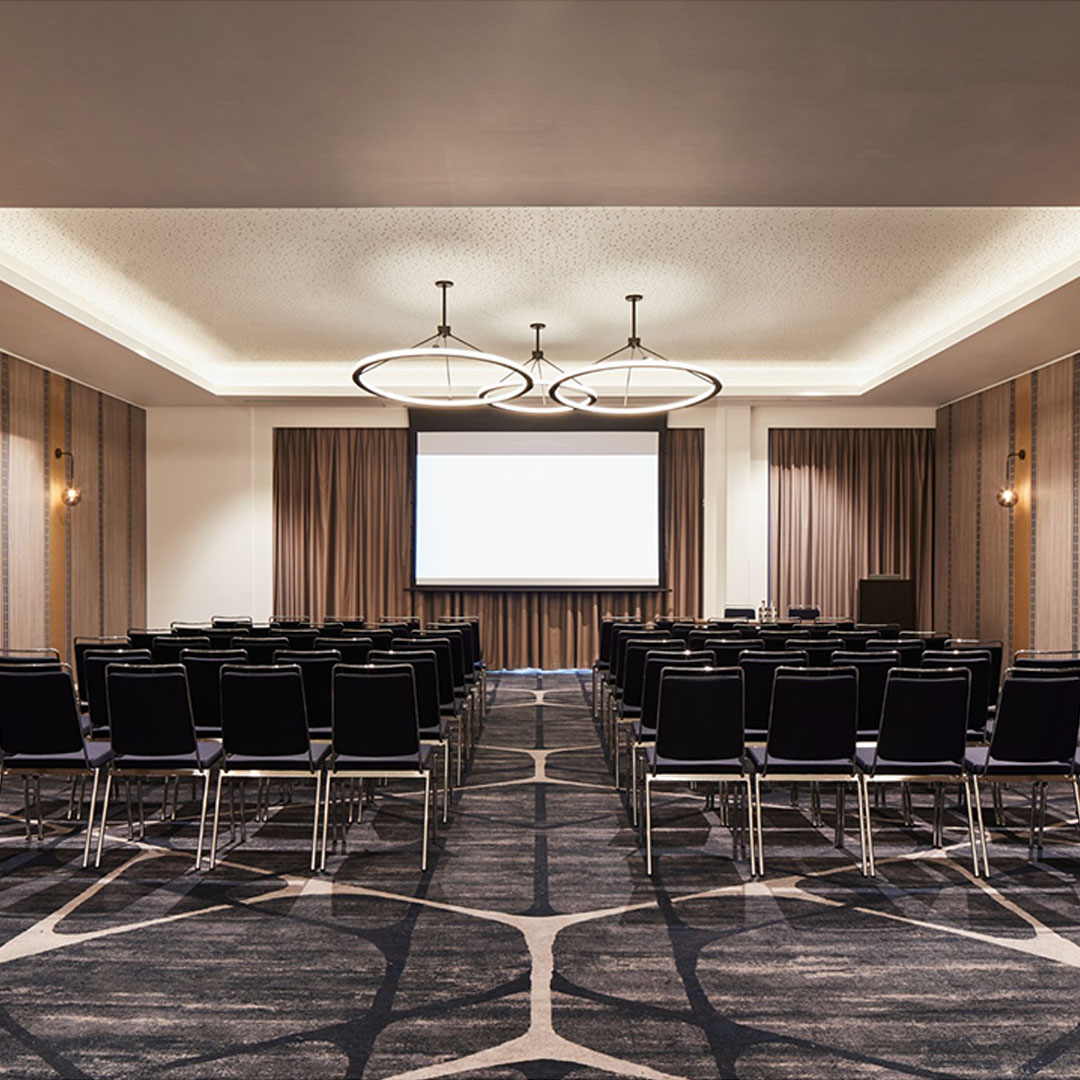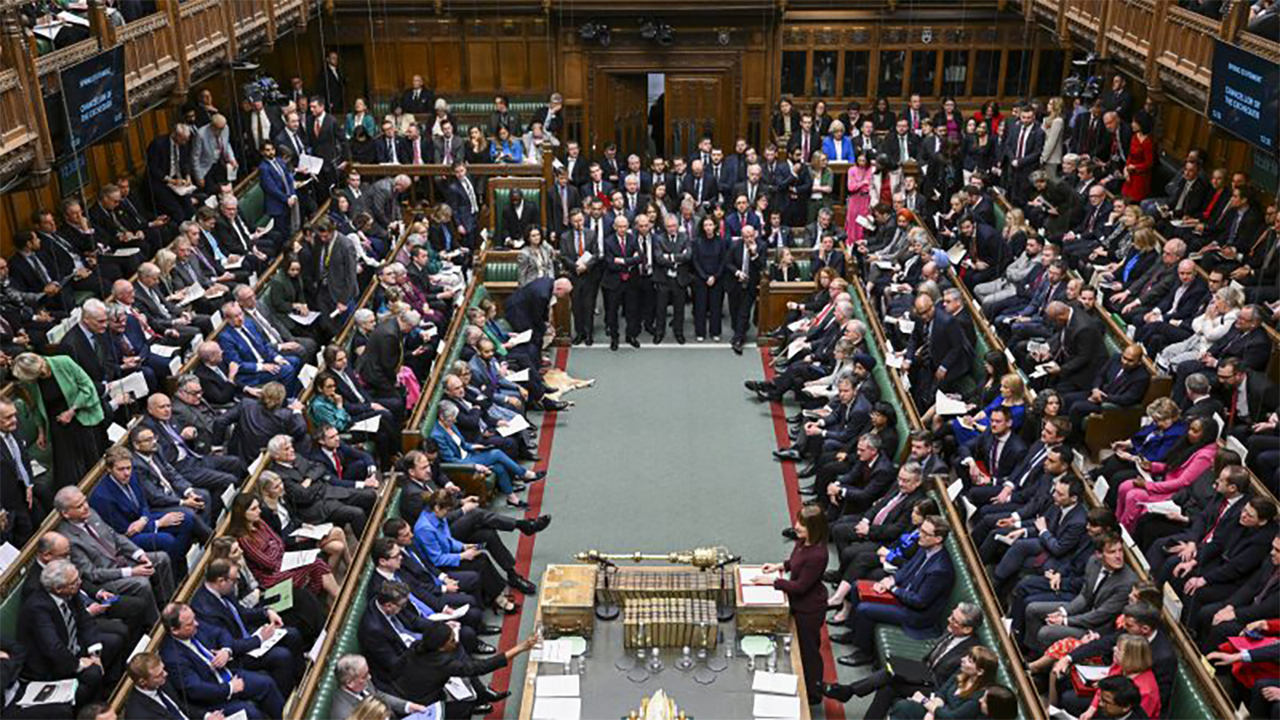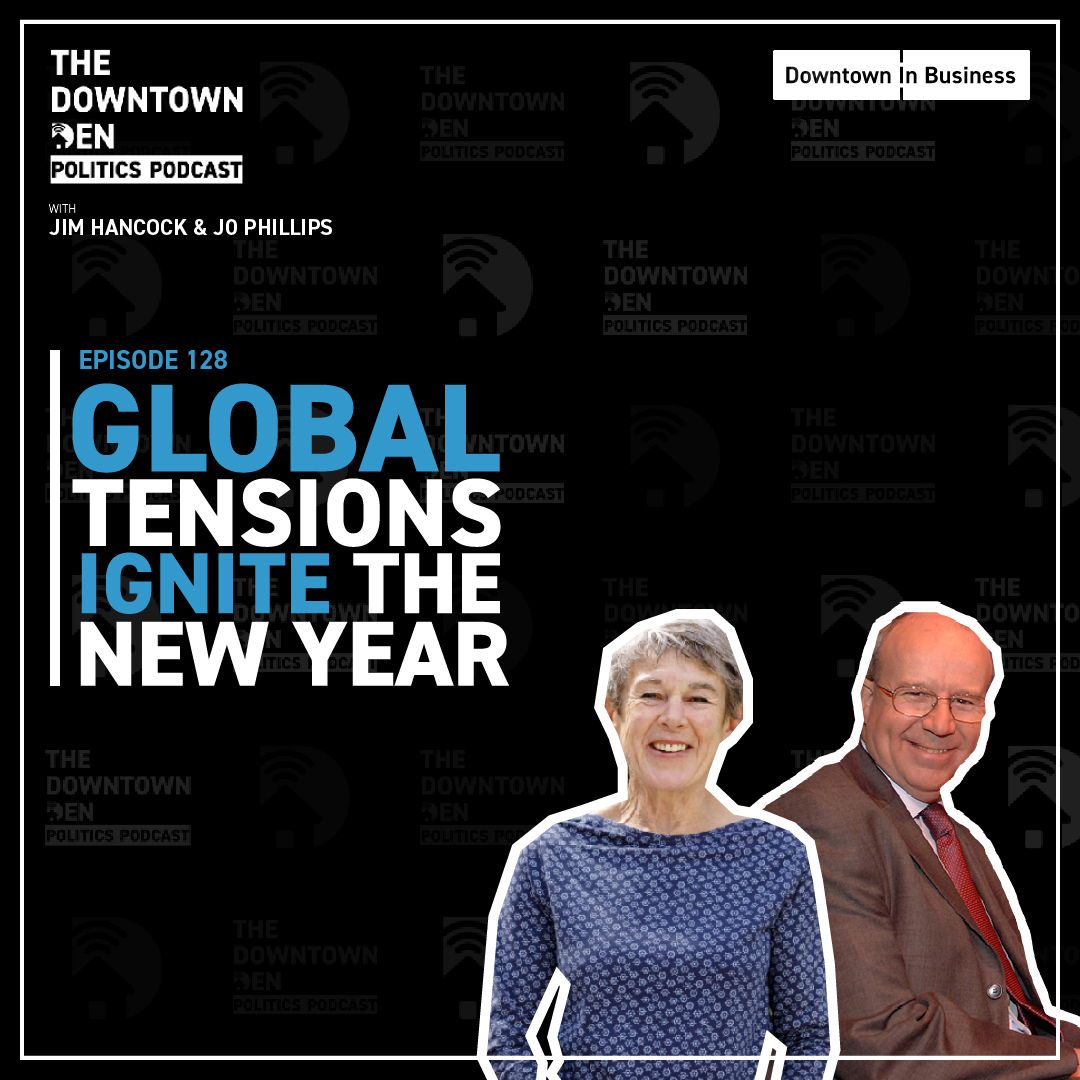“If not now, when?” said the Prime Minister when asked if it was right that many of the current restrictions in place to tackle COVID should be lifted.
Despite those who are clamouring for us to be locked down in perpetuity, including the official opposition, Johnson, emboldened by his new health Minister Sajid Javid, has decided to loosen many of the rules that have prevented us from living a normal life for sixteen months now.
At last, the government is approaching the pandemic with a balanced view, taking account of the impact lockdowns are having on the many aspects of our lives that have been hugely damaged since March 2020. Kid’s education. Mental Health. Cancelled operations. Domestic violence. Jobs. Businesses. The economy.
And, given that we are the most jabbed country in Europe, that we have vaccinated all of those most vulnerable from coronavirus, and that the link between the infection rate and hospitalisations has been broken, the PM was justified in asking ‘If not now, when?’
Nevertheless, as with all steps that have been tentatively taken over the course of this crisis, there are some risks and there is still a long way to go.
Infection rates will significantly increase. For some reason we feel it necessary to give hourly updates on how many people have been tested ‘positive’ and how many deaths are ‘linked’ to COVID. The expectation is that those infected will not impact on the NHS.
There may be a reluctance of some to come into offices, cities, and hospitality venues, such is the fear that COVID has understandably struck some folk with. That will certainly slow any economic recovery.
As furlough comes to an end, it is estimated that over 250,000 people will lose their jobs.
And the delay in lifting the restrictions around self- isolation for those who have been fully vaccinated will, once again, have a damaging effect on the industry that has been hit hardest – hospitality.
As Stephen Bush of the New Statesman wrote this week:
“If your ambition is to reopen society in order to return to normal life and normal economic activity, you cannot have “normal” economic activity if businesses are having to operate with reduced numbers of staff, if customers are dropping off the grid at the last moment due to the need to self-isolate, and if everything from sporting events to concerts cannot reliably be fulfilled.
“A summer of “stop-go” isolation inevitably means a “stop-go” economic recovery: and for many hospitality businesses, it may well be too much for them to recover from.”
Delaying the self-isolation rule-change smacks of what so much the government has done over the past twelve months and more – illogicality.
And ultimately, it is that illogicality, the contradictions, and the lack of common-sense that have emerged from the myriad of dos and don’ts that we have had to try and keep track off, that will have played a major part in Johnson’s decision this week.
For restrictions in a democracy only work if people believe there is logic to diminishing their freedoms. That they are being supported economically to stick by those rules. That their sacrifices are helping. And, most crucially, that the rules make sense.
It will not have escaped the notice of those in the corridors of power that more people are ‘flouting’ regulations that they think are daft. Mask wearing is less consistent. People are shaking hands and hugging again. There is no point in having rules that are not respected. There is no way the ‘authorities’ have the resources to enforce those rules. And what Boris has acknowledged is that vast numbers in the country are asking the question,” If not now, when?’ – and he has responded – finally!


